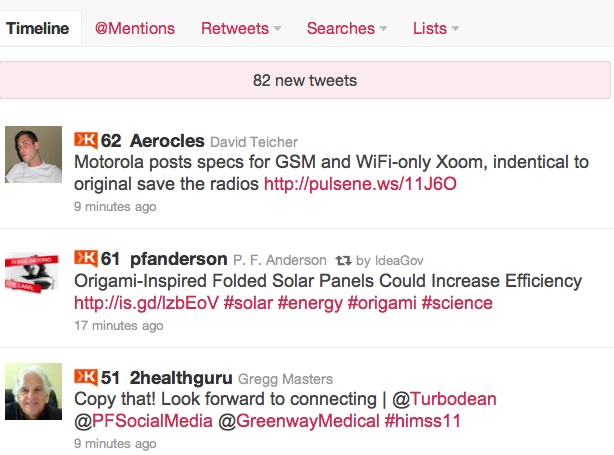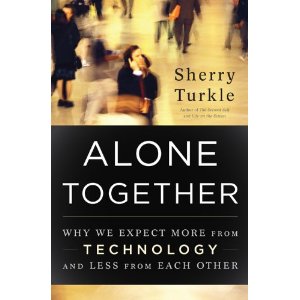Ambition and Curiosity
There is (yet another) interesting discussion happening on Bill Kutik's HR Technology Conference LinkedIn group about the social media and social networking in the workplace, and the relative pros and cons of the opposite sides of the argument. As is the case in Bill's group, the discussion is intelligent, balanced, and reasonable - unlike what you might find in other forums attempting to discuss these issues.
I haven't weighed in on the discussion on LinkedIn, (sorry, Bill), because I am a selfish blogger and needed some content, and I had a kind of different take on the topic, one that veers slightly away from the practicalities of the debate, and drifts more into the philosophical. I think while the debate about blocking these sites tends to center around data security, productivity, message control, etc.; the real issues (even if companies don't want to admit them), are much more about the ideas or concepts of ambition and curiosity.
Ambition in the sense of aspiration, of becoming something bigger, greater, and more meaningful in whatever measures that are relevant to the organization. Curious in the framework of inspiring interest, discovery, or of seeking and (hopefully) finding new meanings, connections, and ideas.
It seems, at least on the surface, that organizations that have moved to actively block or restrict access to social networks and internet based productivity services using the practical and typical concerns about security and the like are quite possibly betraying a lack of ambition and curiosity. Sure, no organization or leader would admit to this, no one would flat-out state, 'Our firm has limited goals for future growth and innovation, and we are not terribly interested about what is happening with out competitors, customers, partners, and community.'
Of course no leader would admit that, since even if it were true, the admission would send share prices plummeting, drive smart and talented employees for the exits (or at least to LinkedIn to update their profiles), and drive a stake in employee enthusiasm and morale. Sure, the connection between open, unrestricted, and organizationally supported access and engagement on social networks to improved business outcomes is, for now, still spotty, sporadic and tangential. It is still difficult for social media proponents and aficionados to clearly articulate their arguments when faced with the security and 'not important to the tasks at hand' talking points.
But what the reluctant or skeptical are more easily convinced of, is that the threats to their empires and their livelihoods are likely to come from new competitors. Ones that are smaller, more nimble, more adaptable; and by necessity are forces to avail themselves of all possible resources, full access and exploitation of social network connections certainly chief among them.
Small, aggressive, and dangerous start-ups don't worry about 'time-wasting', and they are willing to accept whatever security risks may arise from the social web - happy to trade off some level of risk for the vast benefit they see and can derive from these networks.
Now that we are into 'beating a dead horse' territory, I will close with this - the organizations that are taking over today, and will dominate tomorrow, have a wide, broad, and expansive view of the world. And they realize the world does not solely consist of their own employees, and the relationships they share with each other.
Great ideas are everywhere, if your eyes and ears are open to find them.

 Steve
Steve



